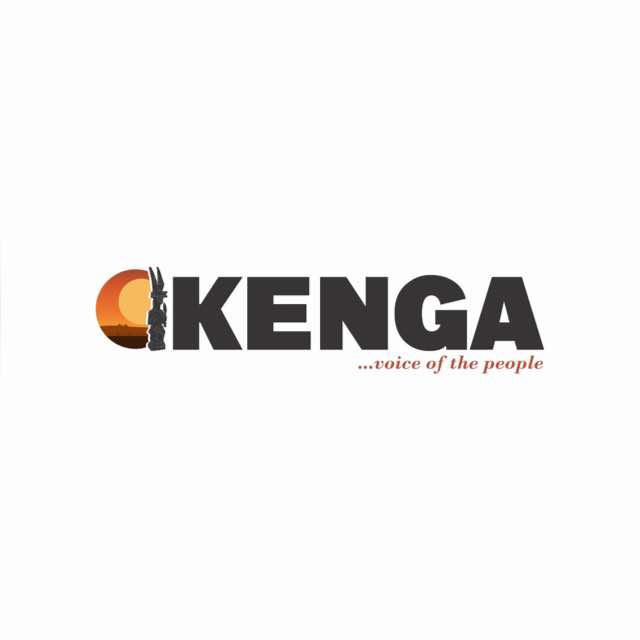Ikengaonline Editorial
On January 4, this year, President Bola Tinubu made his long-anticipated first official visit to Enugu, marking his inaugural engagement with the South-East region since assuming office on May 29, 2023. This visit, though brief, saw the commissioning of critical infrastructural projects spearheaded by Governor Peter Mbah’s administration.
Enugu, a city steeped in history as the capital of the old Eastern Region, serves as a gateway to the South-East. The reception was vibrant, with women adorned in traditional white blouses and red wrappers, their songs of welcome echoing through the air. The visit carried profound symbolism, signalling a potential shift in the historically uneasy relationship between the region and the President. Traditionally, the South-East’s posture towards Tinubu, like that of his predecessor, has been marked by skepticism and distance.
In Tinubu’s challenging path to the presidency in 2023, the South-East delivered a meagre 136,521 votes. This tepid support reflected not so much a rejection of Tinubu as an individual but a deep-seated belief in a systemic marginalization, a belief that the region has been consistently sidelined in the quest for national leadership. The scapegoating of Ndigbo and tribal tensions fuelled by the President’s inner circle in Lagos further alienated the Igbo community, fostering an atmosphere of distrust.
But the election is behind us. The time has come to bridge divides and foster unity among Nigerians, irrespective of their past political affiliations. These signs of a growing rapprochement between the President and the South-East is a crucial step in healing the nation’s fractures. Nigeria’s future cannot be built on the exclusion of over 40 million of its citizens. Economic recovery and national progress depend on inclusivity.
During his visit to Enugu, President Tinubu pledged to revive the Eastern Rail Line, a vital project connecting Port Harcourt to Maiduguri. In its heyday, the rail line spanned approximately 2,044.1 km, stretching from Bonny Ports in Port Harcourt with a spur in Owerri, linking the Aba-Enugu rail line, and additional spurs in Abakaliki and Awka, before extending through Makurdi, Lafia, Kaduna, Bauchi, Gombe, and ultimately reaching Maiduguri in Borno State.
The rehabilitation of the rail line was initiated by former President Muhammadu Buhari in March 2021, but the project encountered funding challenges despite the initial plan of securing 85% foreign loans and 15% government counterpart funding. The completion of this narrow-gauge line, though distinct from the standard gauge used in the South-West and North-West regions, is poised to stimulate economic growth and boost non-oil exports, delivering significant benefits not only to the South-East but to the entire nation.
In a further demonstration of his commitment to fostering positive change in the South-East, President Tinubu pledged to support the development of the Anambra Basin, a rich energy reserve estimated to contain one billion barrels of oil and 30 billion cubic feet of gas. As an important inland basin with significant potential for further oil and gas exploration, its development could yield transformative economic benefits and play a crucial role in Nigeria’s pursuit of energy security, should the President follow through on his promise.
Notably, President Tinubu’s enactment of the South-East Development Commission (SEDC) Bill marks a pivotal moment. This legislation, which eluded his predecessor’s approval, aims to rectify the region’s historical neglect since the end of the unfortunate Nigerian Civil War in 1970. The SEDC is a beacon of hope, signalling a commitment to addressing entrenched socio-economic disparities.
Under Tinubu’s watch, the progress on the Eastern Rail Line, particularly the section from Port Harcourt to Aba, has been commendable. The recent completion and handover of this segment by China Civil Engineering Construction Corporation (CCECC) is a testament to what can be achieved with a sincere commitment to development.
However, one glaring omission during the President’s visit was any mention of Nnamdi Kanu, the leader of the Indigenous People of Biafra (IPOB). The continued incarceration of Kanu carries profound economic, security, and social repercussions for the South-East. Addressing this issue transcends political goodwill; it’s about resolving a critical pain point that affects the daily lives of the people of the region. The President’s silence on this matter was deafening and left many feeling disquieted.
While economic constraints may be invoked as barriers to fulfilling various commitments, the resolution of the Nnamdi Kanu issue stands as a conspicuous low-hanging fruit—a clear and actionable pathway to fostering reconciliation. Addressing this matter necessitates not only empathy and respect but also decisive leadership to mend a deeply entrenched grievance.
Resorting to legal contortions to stall progress in its resolution would not only exacerbate tensions but also squander a pivotal opportunity to reassure the Ndigbo of the government’s genuine intent to resolve an issue of profound significance to them. Failure to act decisively would represent a regrettable lapse in statesmanship and a missed chance to foster national unity.
Additionally, President Tinubu’s federal appointments have, regrettably, been disproportionately tilted in favour of the South-West, his home region, reinforcing a troubling pattern of nepotism reminiscent of President Buhari’s administration.
This overwhelming favouritism has sparked discontent, even among his staunchest allies. Such decisions do more than raise doubts about fairness and competence; they directly challenge the core values of federal character and equity embedded in Nigeria’s constitution. By sidestepping these principles, the President risks deepening the erosion of public trust in the integrity of the nation’s governance, undermining the very foundation of unity that Nigeria desperately needs.
Ikengaonline acknowledges and commends President Tinubu’s efforts to engage not only the South-East but the entire nation. It is crucial to secure the buy-in of the people who are essential to advancing his governance agenda. However, building on this foundation requires a sustained commitment to fairness, equity, and unity. Only by positioning himself as a leader for all Nigerians, regardless of region, religion, ethnicity, or political affiliation, can President Tinubu truly foster a cohesive and prosperous nation.

